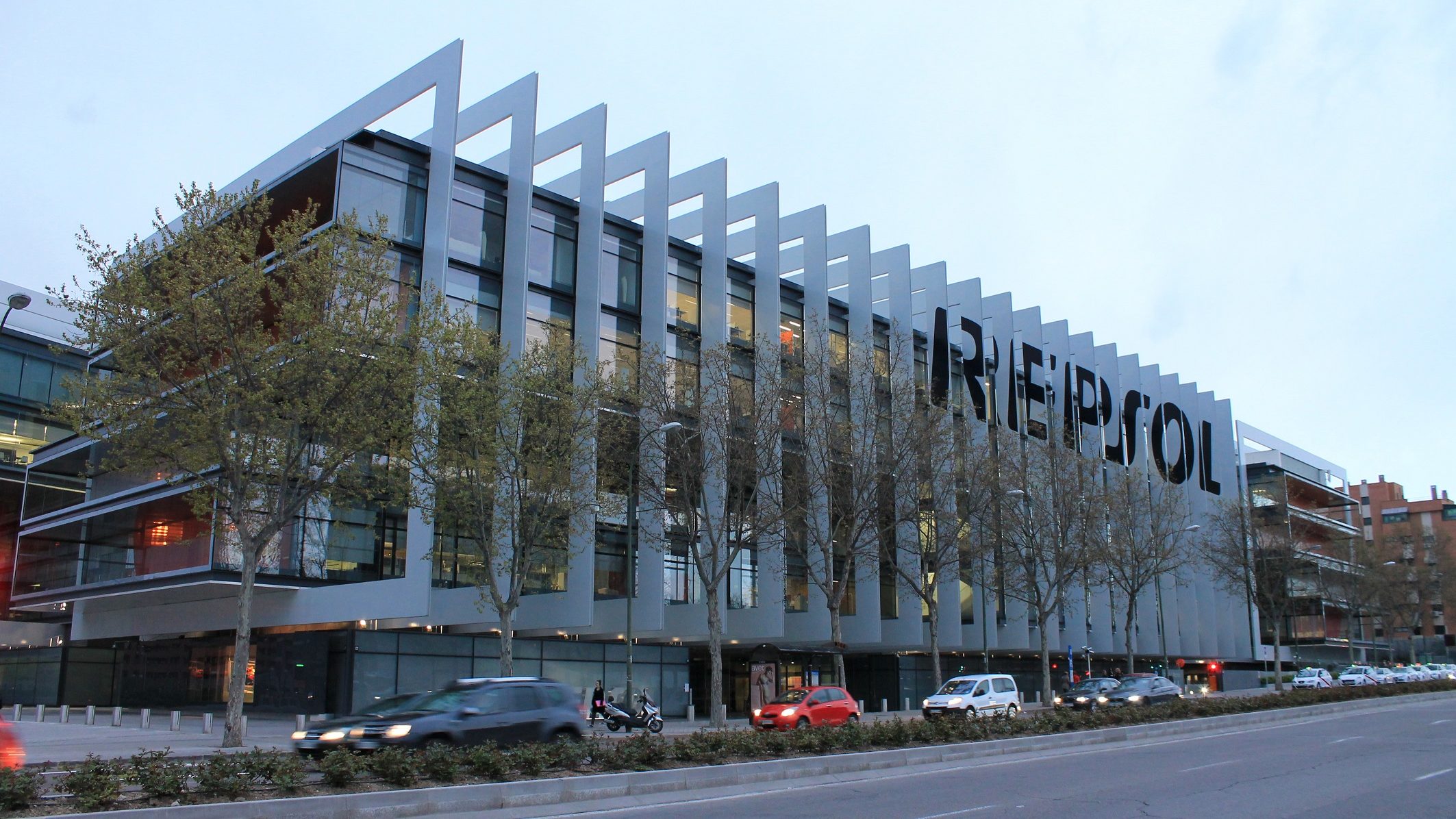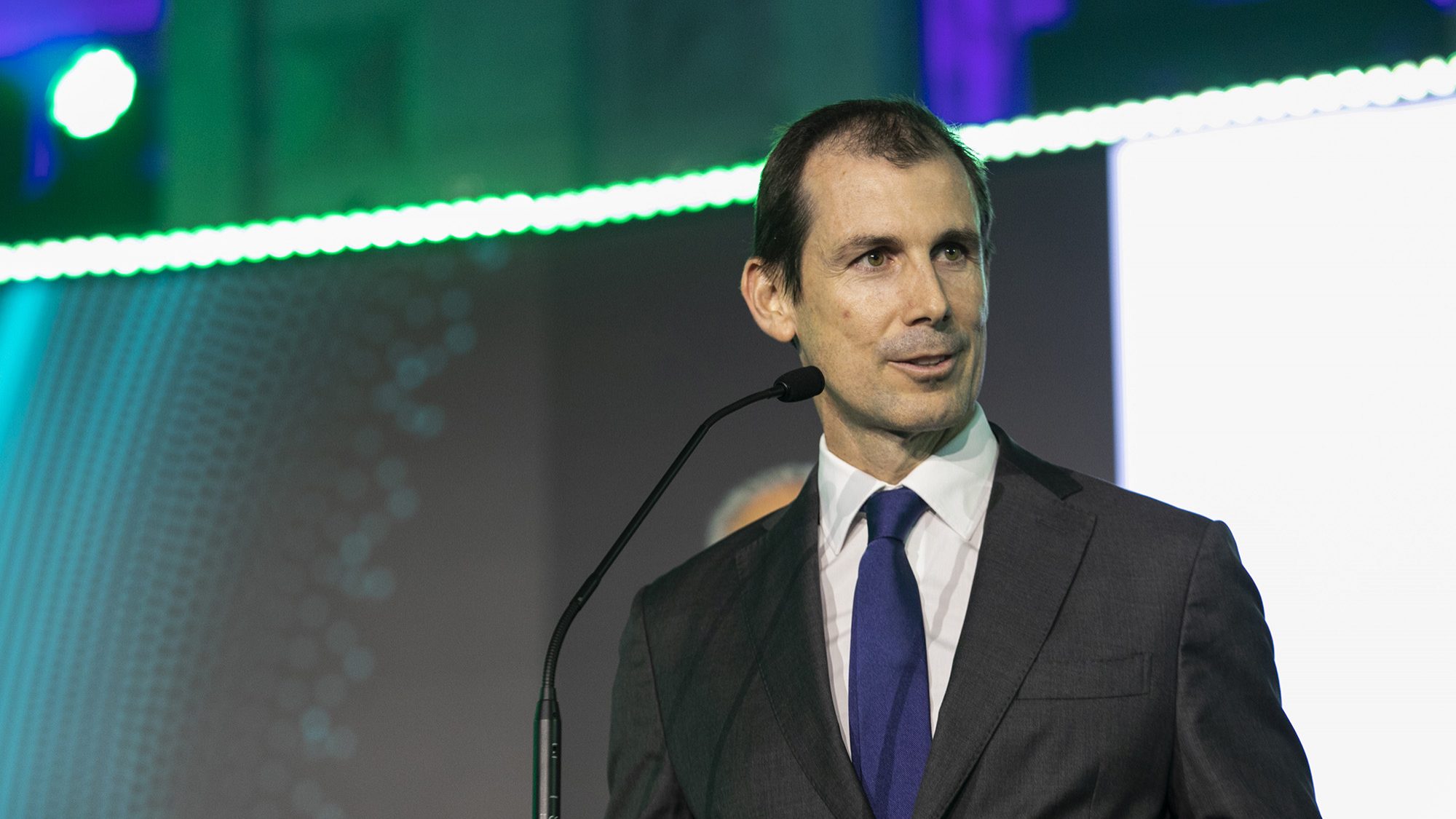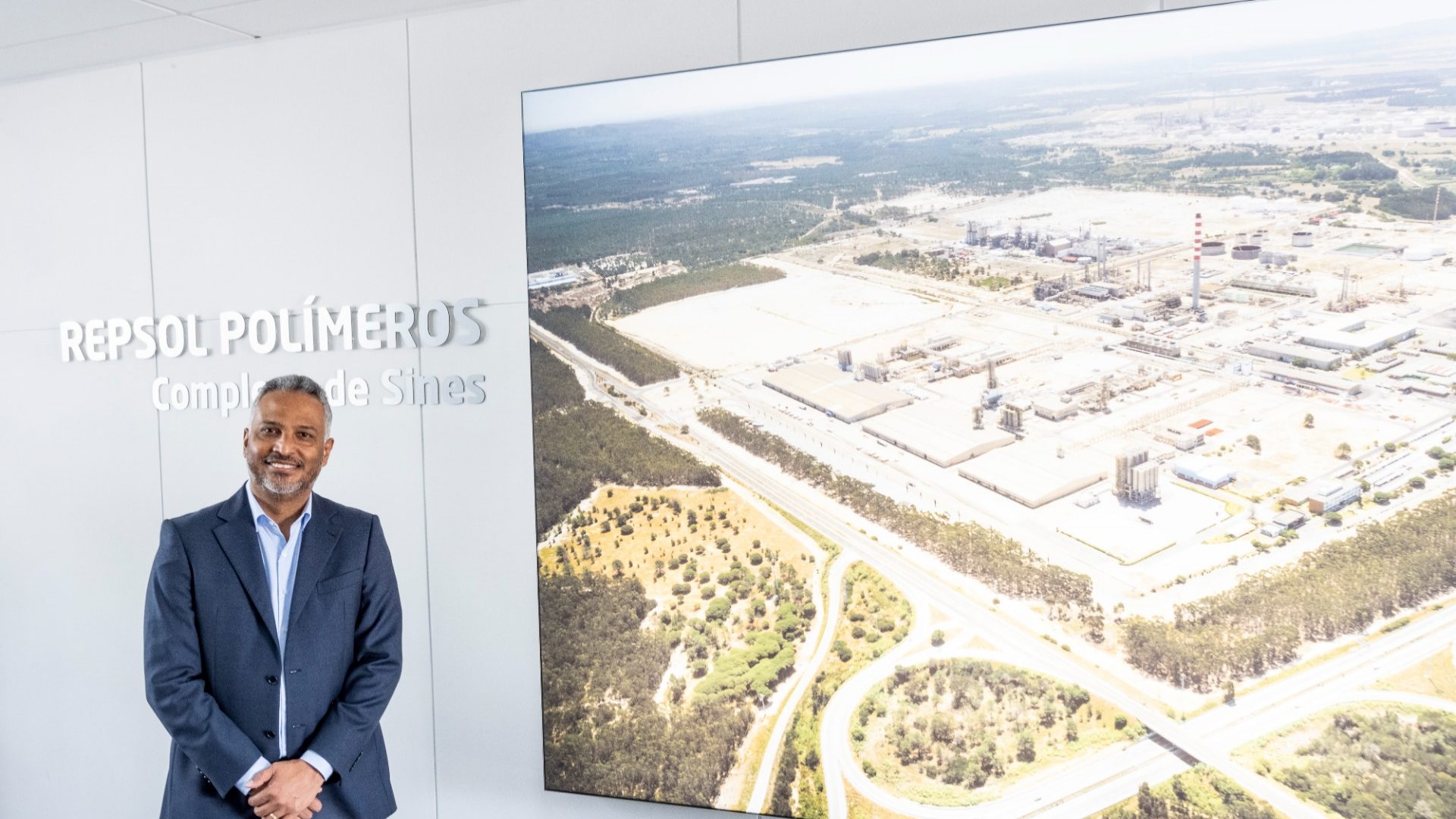Repsol reforestation project helps establish carbon offset market
"This project is part of the mechanism approved by the government to establish a voluntary carbon credit market in Portugal", said Costa e Silva.
Portugal’s economy and environment ministers said on Friday that the Repsol oil company’s ‘Green Engine’ project, which for now plans to reforest between five and ten thousand hectares, will contribute to establishing a voluntary market for carbon credits.
At the presentation of the ‘Green Engine + Forest’ project at the Higher Institute of Agronomy in Lisbon, the minister of economy and maritime affairs, António Costa e Silva, said that this project could attract international companies interested in offsetting carbon emissions to invest in Portugal’s forests.
“This project is part of the mechanism approved by the government to establish a voluntary carbon credit market in Portugal. It will be one of the first experiences and an exponent of this development”, stated Costa e Silva.
For his part, the minister of the environment and climate action, Duarte Cordeiro, considered that this is “a transformational project of the Portuguese rural area” and a “structural project in the forest” and that it will contribute for Portugal to reach its carbon neutrality goal in 2050.
Duarte Cordeiro welcomed the Repsol project and said that it is always difficult for an environment minister to be linked to an oil company, but that without mobilising the most polluting sectors it will not be possible to make the energy transition.
About the creation of the voluntary carbon credit market in Portugal, Duarte Cordeiro said that this is very important but that, at the same time, “Portugal will increase its ambition in the reduction of carbon emissions”.
Both ministers also considered that the project, which initially is focused around the Proença-a-Nova region of the country, will help to settle people in more depopulated areas by stimulating the local economy.
The chairman of Repsol, Antonio Brufau, said that, for now, the project will reforest between five and 10 thousand hectares, with an investment of around 40 million euros, and that in the future it may reach 100 thousand hectares (with around 90 million trees and capturing 25 million tons of carbon) and an investment of 400 million euros and the creation of 15 to 20 thousand new jobs.
The ‘Green Engine’ project began in Spain about 30 months ago and already has plantations in Galicia, Extremadura, and Castilla y León. An initiative of Fundación Repsol, reforesting burnt or wasteland and creating forests to compensate for CO2 emissions, and attracting companies interested in offsetting their carbon footprint.
In total, the aim is to reforest 70,000 hectares (in Spain and Portugal), although António Pérez-Lepe, manager at Fundación Repsol, warns that “we are dependent on acquiring the land and obtaining the permits”.
The collaboration agreement between the Portuguese government and Repsol on the ‘Green Engine +Forest’ project was signed today at the Instituto Superior de Agronomia in Lisbon between the minister for the environment and climate action, Duarte Cordeiro, and the chairman of Repsol, Antonio Brufau.
On 26 January, the government approved the decree-law that creates and promotes the development of a voluntary carbon market of national scope, having been in public consultation until this week (11 April).
In January in the Portuguese parliament, the environment and climate action minister explained that the market is based on greenhouse gas emission reduction and carbon sequestration projects “that contribute to the fulfilment of national, community and international commitments assumed by Portugal,” and the measure will contribute to climate change mitigation.
Duarte Cordeiro also said that in an initial phase the Voluntary Carbon Market will give priority to forest carbon sequestration projects, especially in forest areas that have been burnt and in the priority areas provided for in the Landscape Planning and Management Programmes.
The carbon market consists of the creation of credits or licenses that are paid for by companies to offset their carbon emissions.
This week, the Portuguese environmental association Zero considered that the voluntary carbon market cannot replace the main goal of reducing greenhouse gas (GHG) emissions at source and that the scrutiny mechanisms must be more robust and that the effects of the project must have a duration of at least 100 years.


